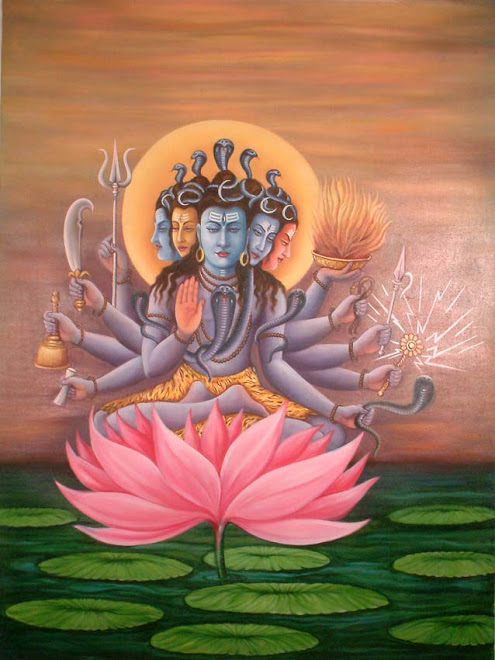Well, I'm probably not going to reach my goal of a book a week this year, 52 books total. Unless I read like a madwoman for the next 9 days, which may not be possible considering there's one family birthday (figlio minore, not so minore any more-aye?) (sorry), the arrival of figlio maggiore, some cousins visiting from out of town, a massive Feast of the Seven Fishes (more like nine in my menu) to prepare for Christmas Eve, then more feasting of the traditional ham-and-all-the-trimmings variety on Christmas Day. Not to mention various other festivities and presents to wrap and places to go and things to do.
But I can't say my output has been too shabby. And here come the last four (yes, four!) books I've mostly enjoyed (one of which really slowed down the total, but was so worth it). I'm still hoping there will be a couple more before the midnight bell strikes on 2013.
#45. The Love of a Good Woman by Alice Munro. I've read her stories over the years in The New Yorker, but never picked up a collection. My book group chose this one for December in honor of her receiving the Nobel Prize in literature this year. I had the same response to them that I always have to her stories: they are compelling, a little scary, somewhat creepy. Reading them feels like picking up a rock and seeing something slimy and awful slither out. Even when bad things don't happen there is still a lingering feeling of dread. I can't say I enjoy the experience of reading her, but I sure do admire her ability to conjure up a full, rounded character in just a few short sentences -- better than most writers manage in pages and chapters (sometimes entire books). If you don't believe me, just read the first few pages of the title story. She introduces three boys and with just a few brief strokes you know them, you know their families, their fears, their hopes, and their lives -- and then they leave the story, never to reappear. It's almost like she's showing off. But I give her more credit than that -- she's building a town and a time -- and then finding her way to the true heart of her story, set like a gem in this world that you now know and believe. It's quite something.
#46. The Goldfinch by Donna Tartt. I'm a big Tartt fan and was very excited that a new novel -- and a big juicy one -- was to be published this year. I read the New York Times review and got even more excited. Nearly 800 pages later (this was the book that slowed me down) I completely agreed with what Michiko Kakutani wrote:
"Ms. Tartt has made Fabritius's bird the MacGuffin at the center of her glorious, Dickensian novel, a novel that pulls together all her remarkable storytelling talents into a rapturous, symphonic whole and reminds the reader of the immersive, stay-up-all-night pleasures of reading."
So true. The book was a captivating joy to read with brilliantly drawn characters, excitement, sorrow, joy, pain, love -- it had it all. I wanted to race through it and I wanted to savor it slowly because I loved every single one of the oh-so-many pages.
#47. Mastering the Art of French Eating by Amy Mah. Ms. Mah's husband, a diplomat, managed to achieve the dream and get posted to Paris. But then he is sent to Iraq for a year, where she cannot accompany him, and Mah is left alone, jobless, virtually friendless, in the city of her dreams. One of the ways she copes is by researching and writing this book, a look, chapter by chapter, at various regions of France and each one's iconic dish. Paris = steak frites, Brittany = crepes, Lyon = salad Lyonnaise, etc. Although her writing may not be brilliant, it's an interesting tale, and the recipes for each dish are included. One of these days I may get around to making the highly complicated standout dish of Toulouse, cassoulet.
#48. The Circle by Dave Eggers. It's the 1984 for the google generation. The time is now, and young Mae Holland goes to work for a google-like company called the Circle, which is aiming to consolidate all information, all knowledge, all identity, through its technology. Although it seems wild at first, it quickly comes to feel not very far away -- like we could be on the verge of this right now, and all those paranoid-seeming people who rant about loss of privacy are maybe onto something. Although the book has some flaws -- it gets preachy at times, and Mae is not very well drawn (by the end of the book I still had no idea what she looked like), Eggers is an entertaining and fast-moving writer, and the company and world he creates is both marvelously inventive and frighteningly believable. Almost made me delete my Facebook account.

No comments:
Post a Comment